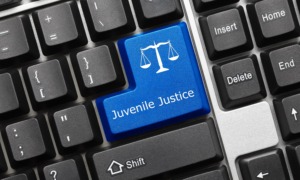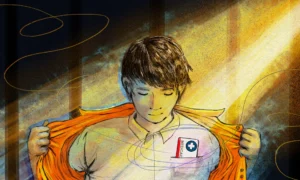A federal judge has expanded the right of adjudicated youth to have an attorney.
California must appoint an attorney to each parolee who faces a parole revocation hearing, a judge ruled last month in a class action lawsuit on behalf of the state’s 4,000 juvenile parolees.
One-fifth of the youths housed in the state’s juvenile corrections centers are there because their parole was revoked, said Youth Law Center attorney Sue Burell, co-counsel for the petitioners in the case. In recent years, she said, only about 2 percent of juvenile parolees were represented in their revocation hearings by legal counsel.
California already required the state to appoint attorneys to represent youths in parole revocation hearings if the youths had mental disorders. But many youths, fearing embarrassment and a more lengthy hearing process, denied they met that qualification for an attorney, Burell said.
In its ruling, the United States District Court for the Eastern District of California concluded: “Juvenile parolees are a special class of parolees for whom appointment of counsel is always appropriate.”
According to Burell, the costs to the state will be minimal, because California already has a legal infrastructure in place for adult parolees facing revocation hearings. Adults are entitled to legal representation in such hearings.
Parole is often revoked for slight infractions, such as drinking alcohol, smoking marijuana or missing a meeting with a parole officer. The average stay in a detention center for juvenile offenders whose parole has been revoked is 7.3 months, Burell said.
In cases where parole is revoked even though the juvenile has returned to school or work, and has otherwise maintained contact with his parole officer, the system is “… throwing away everything good these children have done,” Burell said. She said an attorney could explain mitigating circumstances and help the court find alternatives to detention.































